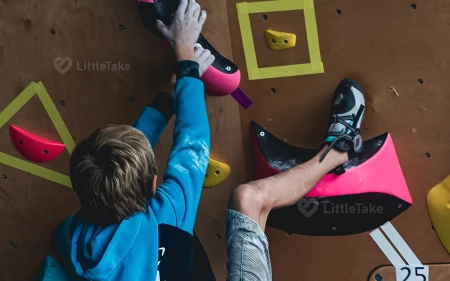
Teaching Responsibility & Accountability
Teaching responsibility and accountability to children is essential for their personal development and long-term success. These skills can be nurtured from an early age, helping them become more independent, confident, and resilient individuals. Here are some strategies to help your child develop responsibility and accountability:
Start Early with Age-Appropriate Tasks
Introduce your child to age-appropriate chores and tasks, such as making their bed, picking up toys, or helping with meal preparation. This helps them understand that they have a role to play in maintaining the household and contributing to the family.
Set Clear Expectations
Clearly communicate your expectations to your child, providing them with specific guidelines and deadlines. Make sure they understand the consequences of not meeting these expectations, whether it's a loss of privileges or additional chores.
Allow for Natural Consequences
When your child fails to meet their responsibilities, allow them to experience the natural consequences of their actions. For example, if they don't put away their toys, they might not be able to find them the next time they want to play. This helps them understand the importance of being accountable for their actions.
Encourage Problem-Solving
Encourage your child to think critically and solve problems independently. Ask open-ended questions that require them to think about possible solutions and help them learn from their mistakes.
Model Responsibility and Accountability
Children often learn by observing their parents, so demonstrate responsibility and accountability in your own actions. Show them how you take ownership of your actions and learn from your mistakes.
Praise and Reinforce Positive Behavior
When your child demonstrates responsibility and accountability, praise their efforts and reinforce the positive behavior. This helps build their self-esteem and reinforces the importance of taking responsibility for their actions.
Teach Time Management
Help your child develop time management skills by setting routines, using timers, and creating schedules. This can help them prioritize tasks, avoid procrastination, and ultimately become more accountable for their responsibilities.
Encourage Goal Setting and Self-Reflection
Teach your child the importance of setting personal goals and regularly reflecting on their progress. This helps them develop a sense of ownership over their actions and recognize areas where they can improve.
Teaching responsibility and accountability is an ongoing process that requires patience, consistency, and support. By providing your child with a strong foundation in these skills, you're setting them up for a lifetime of success and personal growth.













